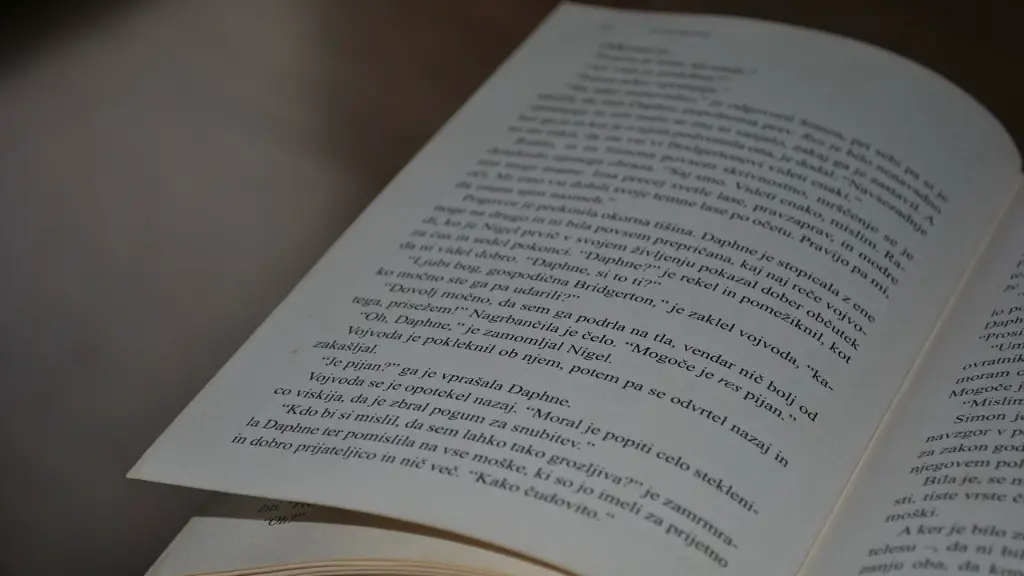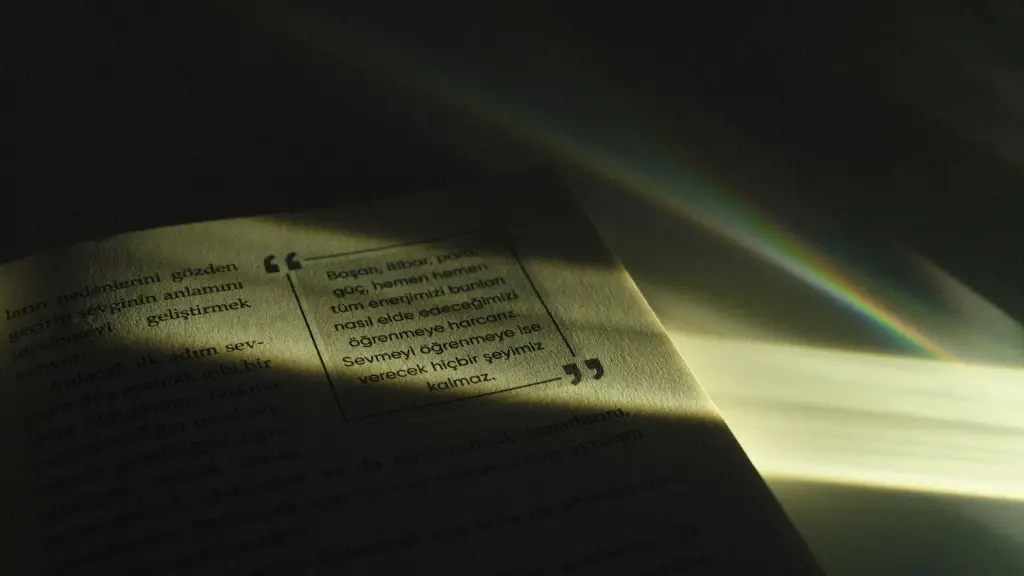The world of poetry has existed much longer than most would expect, providing readers and creativity with an unrestrained form of expression. Used by cultures and societies throughout the centuries, poetry is much more than a form of entertainment, it is a learning platform that enables us to understand our own emotions and that of those around us. The importance of poetry in the real world lies in its ability to embody information, inspire, and change norms.
History
The oldest existing poem was written over 4,000 years ago and was found on cuneiform tablets from the ancient Sumerian Empire. Since then, poetry has been present in various cultures and societies as a means of expressing emotions, thoughts, and experiences. Poets from the past have given us so much insight into their lives, feelings, opinions, and what life was like at the time. Poetic pieces from Ancient Greeks have helped us to understand their culture and have inspired many. Even the Bible is filled with poety, in books such as Psalms, numerous poetic lessons about morality, life, and God appear.
Paintings with Words
Poetry has an incredibly powerful way of conveying messages in a way that can be interpreted in any number of ways. You can paint a picture with words, create an image so vivid, it leaps off the page. Poetry gives writers and readers the liberty to express emotions that can’t be put into words, or evoke a certain feeling of peace that needs no explanation. Whether you are writing or listening to poetry, it can inspire and propel feelings in a way no other genre of writing can. Additionally, poetry encourages us to become open-minded and allows us to explore topics in different ways.
An Expression of the Human Condition
Because of its ability to convey intense emotion, poetry is often used to express the entire range of human experiences. It gives readers an understanding of the writer’s emotional state and provides a powerful means to process their own emotions. In this way, poetry can serve as an outlet to express thoughts and feelings in a healthy way, while also exploring ideas and topics that may be difficult to talk about in person. For example, poems about love and loss provide a way to cope with these emotions without ever talking directly about them. This same strength can be found in the poems about hope and joy, offering a great source for celebration in the face of challenging times.
Molding Norms and Societal Structures
In the past, poetry has served as a form of protest and a way to challenge social norms and conventions. By reflecting the realities of a given societies life and its struggles, poetry serves as a form of public commentary, often highlighting the struggles of the oppressed and creating a space for discussion and dialogue. For example, the work of Maya Angelou and Langston Hughes is seen as revolutionary within the African-American literary movement, as they were able to express their lived experiences in a powerful and relatable way. This ability to challenge and influence society is just one way in which poetry can make an impact in the real world.
Contentment
Poetry can also serve as a source of joy, peace, and comfort. With descriptive and emotive language, poetry can create a sense of serenity and joy, helping one to escape the daily hustle and bustle of life. Reading or writing poetry can help to slow down and appreciate the small details, prompting meditation and reflection. Poems about nature, love, and life can help to combat feelings of loneliness, sadness, and helplessness, offering a sense of security in times of difficulty.
Education
Finally, poetry can be used as a means of educating and engaging readers. By using examples, stories, and metaphors, poets are able to effectively convey a message or idea. Through the use of poetic devices such as alliteration and rhyme, poems can make complex topics easier to understand and can be unforgettable, especially in the classroom. The ability to be able to capture powerful information in a concise and creative way has been proven to be a more enjoyable and efficient way for both children and adults to learn.
Resonance
At its core, poetry has the power to move and unite people from all walks of life. Regardless of culture or background, the evocative power of poetry helps to make connections and provide resonance. Through its simplicity and its complexity, poetry allows readers to connect to their own lives and the world around them, offering empathy, beauty, and hope for a better future.
Healing
Poetry can also provide a much needed form of healing and restoration. Writing poetry can be a way to heal from physical and emotional pain as it channels deeper emotions and helps to find understanding. This can be a way of processing what has been experienced and provides an outlet for expressing difficult thoughts and feelings. For readers, poetry is like therapy – connecting to the words on the page can provide a feeling of comfort and understanding.
Perception
Poetry can also be used to help understand different perspectives. By reading and writing poetry from different authors, readers are able to empathise with other people’s lives and cultures. Poetry from other countries and perspectives can be eye-opening and allows readers to gain new insights and understanding. In this way, poetry can be used to promote cultural understanding, global empathy, and peace.
A Meaningful Message
Overall, the pieces of poetry, whether written or heard, leave a lasting effect on the reader. It has been an ever-increasing source of joy, knowledge and comfort for many, with the capacity to influence and leave a meaningful message to society. Poetry is a powerful and multifaceted instrument that can be used to inspire change and improve the human experience. The importance of poetry in the real world is evident, through its ability to reveal, heal, and open one’s eyes to different perspectives.


